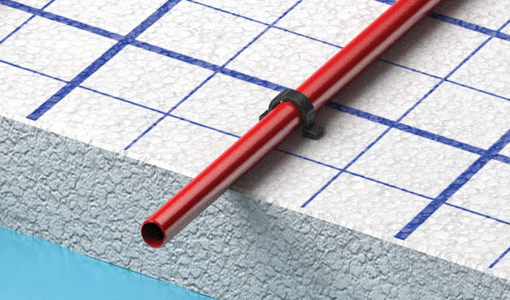Home ❯ Case Studies ❯ Great Eastern Hotel, London
Great Eastern Hotel, London
Great Eastern Hotel, London
Project |
Andaz London Liverpool Street Hotel |
Project type |
Hospitality |
Project location |
London, UK |
Client |
Vascroft Contractors Ltd |
Project Size |
700m2 |
Heating system |
Hydronic Underfloor |
System specifications |
|
The Challenge
The world famous Andaz London Liverpool Street Hotel, also known as the Great Eastern Hotel, is a Grade II listed Victorian building built on the site of England’s first hospital for the mentally ill, the Bethlehem Royal Hospital, which opened in 1247 and became known as ‘Bedlam’. Much more recently the new owners Hyatt undertook an extensive refurbishment to add an extra level of comfort and luxury to the space. Working with the main Contractors Vascoft, Warmup was asked to provide a bespoke underfloor heating solution for the project. The historic nature of the building presented a series of unique challenges to overcome.
The Solution
For consistent, energy-efficient warmth, we used the tried and tested Warmup Clypso System. This hydronic solution was used in conjunction with our PEX A heating pipe which has a lifetime warranty. The Clypso System is easy for the end-user to control and offers a quick, hassle-free installation, something especially useful when working on a project with tight deadlines.
The Result
The Andaz London Liverpool Street Hotel is a popular destination for international visitors and the London business community alike and Warmup’s underfloor heating solution will provide ideal comfort temperatures to all for many years to come.
Product information
Clypso System
Technical Information
The Clypso system uses plastic clips to secure the underfloor heating pipe to laminated insulation panels. The panels are constructed from either PIR (polyisocyanurate) or expanded polystyrene insulation with a fabric reinforced foil laminated to their surface. The foil on each panel comes with two flaps, for taping to the adjoining panel, thereby increasing water resistance and separating the insulation layer from the wet screed.




